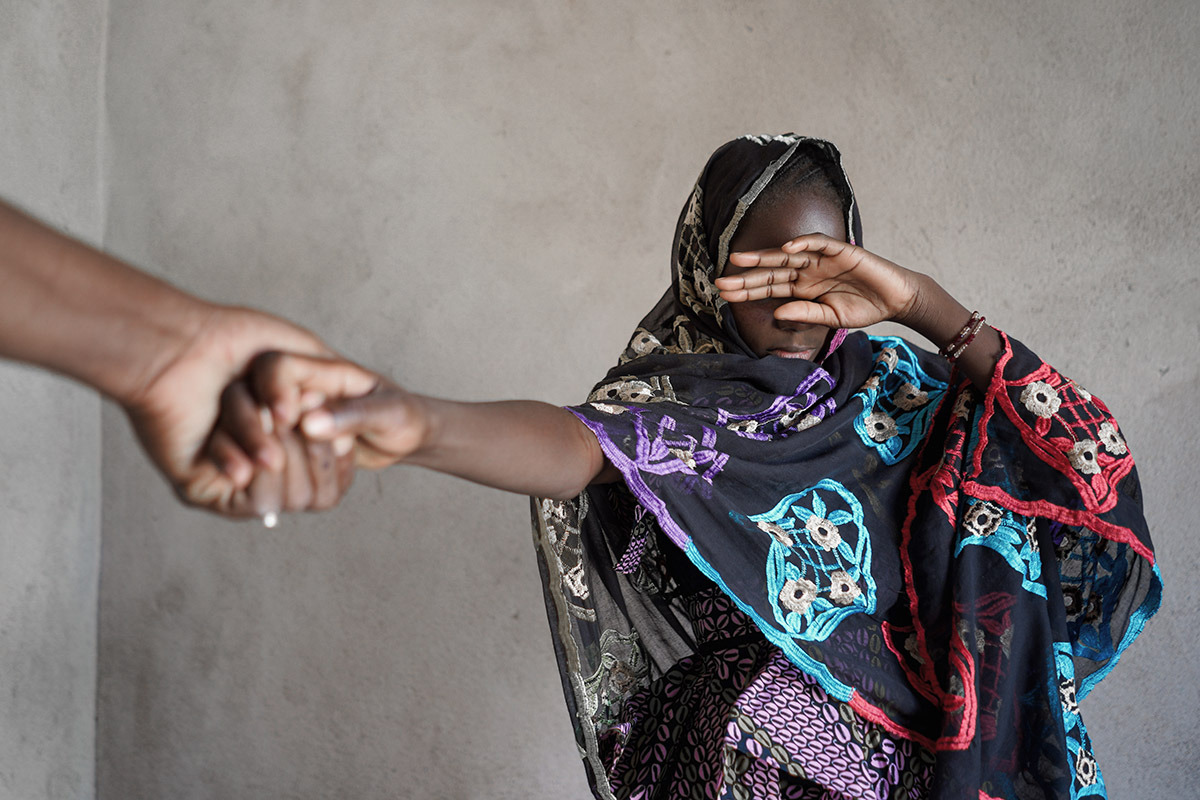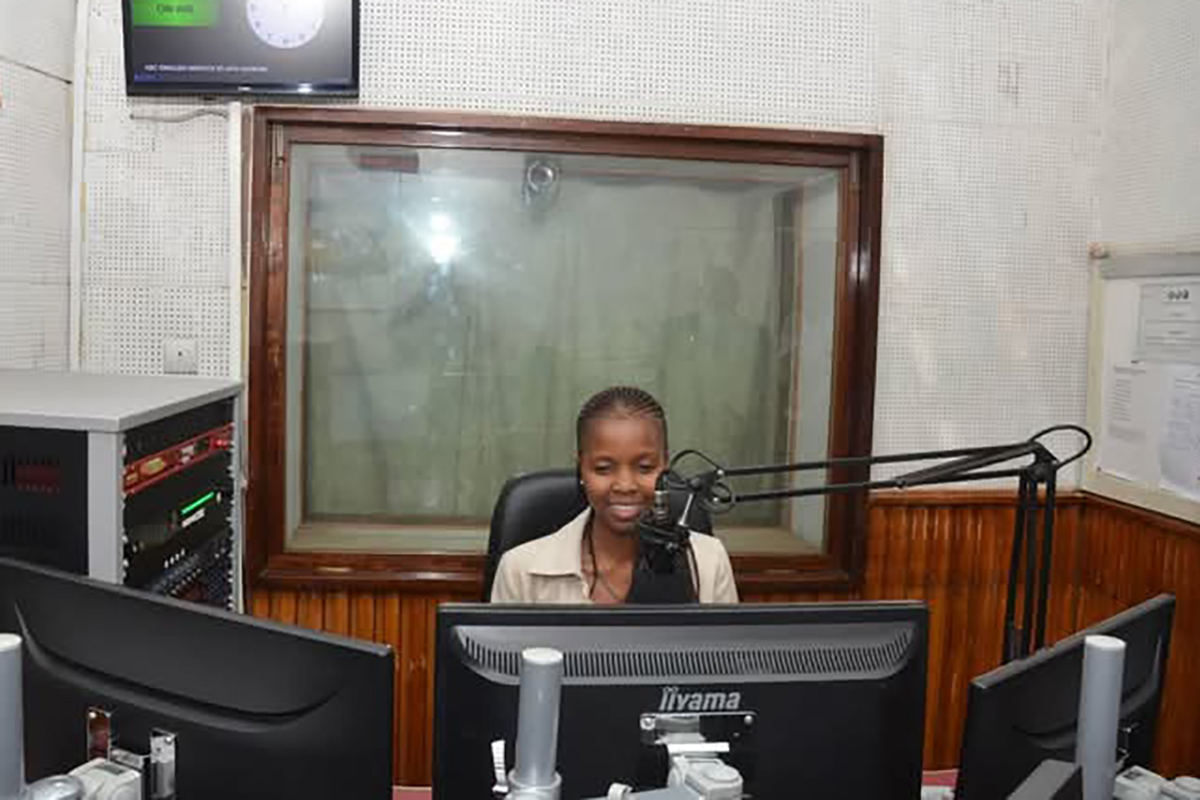Why Take Away Her Childhood and Hand Her a Marriage?
July 10Dear Reader,
Before you dive in, I want to make something clear: while this might seem like a complete article, it’s not. That was why it sat in my notepad for months. You will never get the full picture of the damage caused by child marriage through words alone. The truth is: no article can fully capture it. You have to see it up close to understand. For those who have been subjected to it, child marriage is not just a story or an article; it’s their reality.
Child marriage is a pervasive issue that affects millions of young girls around the world. In Nigeria, it is rooted in traditional, economic, religious, and legal circumstances that disproportionately affect girls and women. The practice is alarmingly prevalent, with profound consequences for the health, education, and overall well-being of the girl child.
As a young Nigerian writer and change-seeker, I find myself continuously addressing the issue of gender inequality and its effects on the girl child through writings and conversations. Over time, I tend to ask myself questions: What’s the effect of articles written on issues like this? Does it even change anything on a large scale?
Several articles written, seminars organised, and outreach programmes aimed at addressing these issues, yet it seems like there has been no significant difference. However, I have come to realise that while addressing this issue doesn’t automatically change the system and policies already created, it is crucial to do so for the future of Nigeria. Creating awareness and influencing even one person can set off a chain reaction of change. Addressing this requires a focused, concerted effort to bring about meaningful transformation.
Four out of 10 girls in Nigeria are married before the age of 18
Nigeria has one of the highest rates of child marriage in the world. At a high-level National Dialogue on Ending Child Marriage hosted by the Government of Nigeria and supported by UNFPA and UNICEF at Abuja on February 16, 2024, it was revealed that four out of every 10 girls in Nigeria are married before the age of 18, amounting to over 24 million child brides and a rank of third, globally.
The practice is more common in the northern regions of the country, where cultural, social, and economic factors heavily influence the prevalence of child marriage. Poverty, lack of access to education, and deeply entrenched cultural norms play significant roles in perpetuating this harmful practice. None of these factors — not even religion — should ever be a reason to take away the childhood of a child and hand her marriage.
Severe health risks
Child marriage poses severe risks to the health and well-being of young girls. Early pregnancies, which are common among child brides, can lead to numerous health complications, including obstetric fistula, higher rates of maternal and infant mortality, and long-term health issues related to childbirth. The psychological and emotional toll is equally devastating, with many girls experiencing anxiety, depression, and a loss of childhood.
Education is cut short
When a girl is married off at a young age, her education is often cut short. This has far-reaching consequences not only for the girl herself but also for her community and the country as a whole. Education is a powerful tool for empowerment, and without it, girls are left with limited opportunities for personal and professional growth. Studies show that each year of schooling increases a girl’s future earnings and contributes to the economic stability of her community.
Gender Inequality
Gender inequality is deeply rooted in Nigerian society and is a significant factor in the prevalence of child marriage. Cultural norms and practices often favour boys over girls, leading to a cycle of discrimination and disadvantage. Patriarchy plays a crucial role in maintaining these norms, where girls are viewed as economic burdens and marriage is seen as a means to transfer this burden. Girls aren’t burdens!
While it is essential to address all forms of child abuse and rights violations, the focus on the girl child in the context of child marriage is critical due to the disproportionate impact on girls. Boys are rarely forced into marriage at a young age, and the specific vulnerabilities faced by girls — such as early pregnancy and the cessation of education — underscore the need for targeted interventions. Empowering girls and ensuring their rights are upheld is not only a matter of justice but also a key to societal progress.
Implementation to combat child marriage inconsistent
Various efforts are underway to combat child marriage in Nigeria. The government has enacted laws such as the Child Rights Act, which sets the minimum age of marriage at 18. However, Nigeria’s federal and state laws hold contradictory positions on protecting children from marriage and violent traditional practices. Implementation remains inconsistent across regions and this is sad.
The federal Child Rights Act bans child marriage as required under the United Nations Convention on the Rights of the Child and the African Charter on the Rights and Welfare of the Child. But a conflicting clause in Section 29(4)(b) of Nigeria’s Constitution defines any married female as having reached the age of majority, regardless of her age at marriage.
Eleven of Nigeria’s 36 states have yet to adopt the Child Rights Act. Customary and Islamic laws in several northern states also permit traditional harmful practices, such as child marriage and female genital mutilation, despite Nigeria’s commitment to key international human rights treaties. Recent reports show that in some northern states, 78 percent of girls marry before the age of 18.
Legal frameworks should be strengthened
Child marriage is a systemic problem, and to effectively combat it, Nigeria must strengthen its legal frameworks at the federal level and ensure consistent enforcement. Increasing access to education for girls is paramount, as is implementing community awareness programs that challenge harmful cultural norms. Economic support for families can alleviate the financial pressures that often lead to child marriage. Collaboration between government, civil society, and international organizations is essential to create a comprehensive approach to ending child marriage.
Addressing child marriage is not just about protecting individual girls; it is about securing a better future for all. The practice undermines efforts towards gender equality and national development. By empowering girls and ensuring their rights are upheld, Nigeria can pave the way for a more just and prosperous society.
It is time for all stakeholders to take decisive action and proclaim loudly that the girl child is not a bride. We need to address this issue head-on so that every girl has the opportunity to reach her full potential.
Dear Reader, as you read about these issues, do not just absorb the information. Think about what you can do to help. Advocacy, supporting organisations that fight child marriage, social media campaigns and educating our communities are all steps you can take. Together, we can work towards a future where no child has to endure the pain and limitations of child marriage. We can make a difference. The girl child deserves to dream, learn, and grow — not to be forced into a marriage she is not ready for.
Similoluwa Ifedayo






